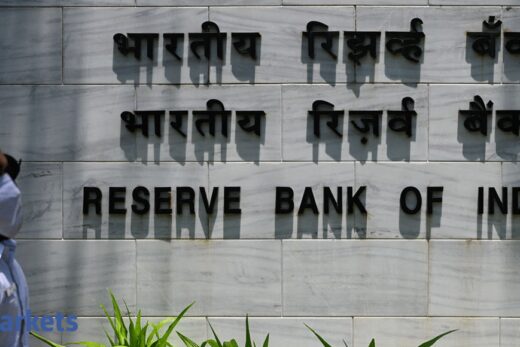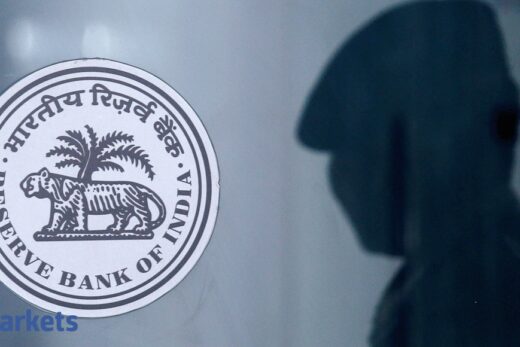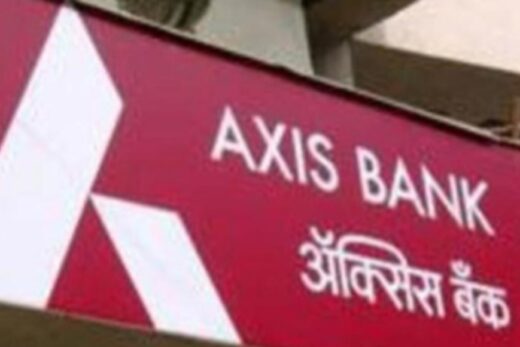The committee headed by former deputy governor N S Vishwanathan, suggesting a four tiered structure based on the size of deposits recommends setting up of an Umbrella Organisation with a minimum capital of Rs 300 crore to help smaller co-operative to acquire scale and help with capital and liquidity support whenever needed.
In the long run, the umbrella organisation -UO- may take up the role of a Self-Regulatory Organization (SRO) for smaller UCBs where the organisation could run an independent audit/inspection and supervisory division. Once the UO stabilizes, it may explore the possibilities of converting into universal bank and offer value-added services on behalf of its member banks. An UCB could get an incentive of lower capital requirement if it is a member of the UO
The committee also seeks to address capital raising constraints of larger UCBs banks by facilitating issue of tradable securities . It suggests that RBI declare certain securities issued by UCBs eligible to be covered under the Securities Contract Regulation Act to facilitate their listing and trading in a recognised stock exchange may be made. ” Till such time, the RBI may consider allowing banks in Tier 3 and 4, having the necessary technology and wherewithal, to issue shares at premium to persons residing in their areas of operation subject to certain conditions” the RBI report said. This is significant in the context of the recent collapse of PMC Bank where its capital was almost wiped out.
The Committee felt that a liberal regulatory approach may be adopted for UCBs that meet a certain minimum level of capital and reserves (net worth) and CRAR requirements.
A Tier-4 UCB with a deposit base of over Rs 10,000 crore which meets both the entry point capital and CRAR requirements applicable to universal bank may be allowed to function on the lines of a universal bank if RBI is satisfied that it meets the financial requirements and has a fit and proper Board and CEO.
Given that UCBs have the potential of driving financial inclusion and credit delivery to those with limited means, the committee felt that regulatory policies can now be more enabling.
At the same time, there were divergent views on allowing the UCBs to convert into joint stock companies. One view was that conversion of UCBs into banking companies is against the co-operative principles as the retained earnings in co-operative structure cannot be distributed.
A contrary view was that voluntary conversion after a well-informed decision taken by the General Body of the UCB in a democratic manner should not be barred by regulation, particularly where the underlying legislation is not restrictive on the use of retained earnings.



